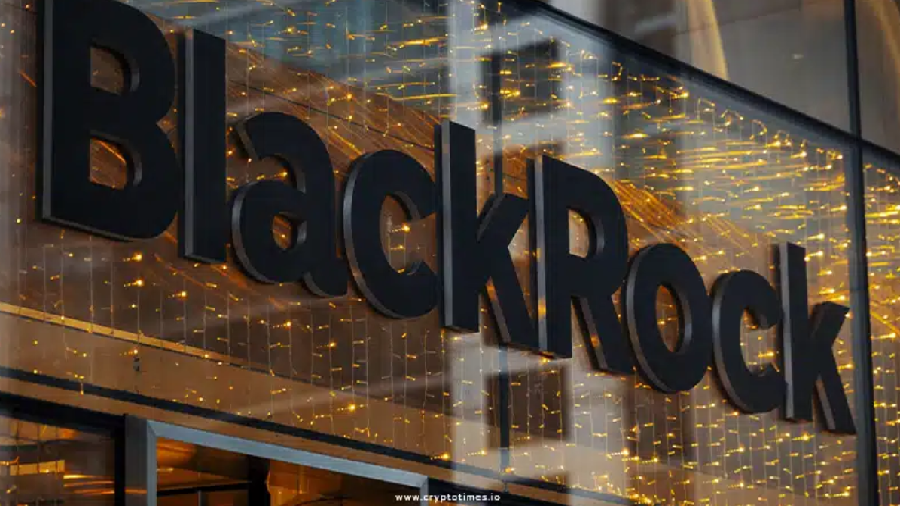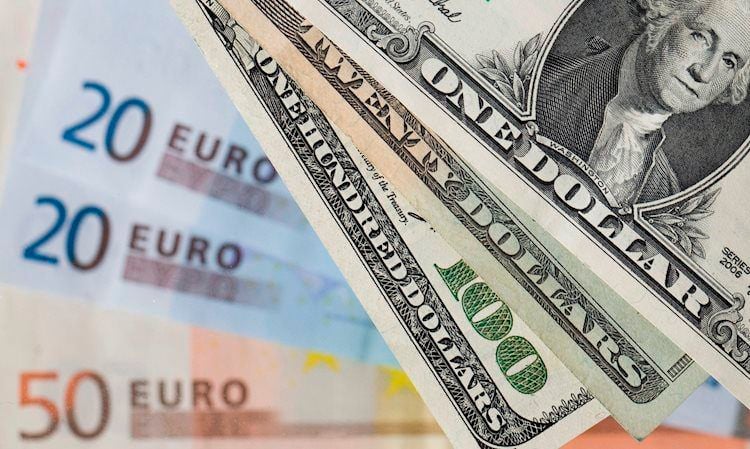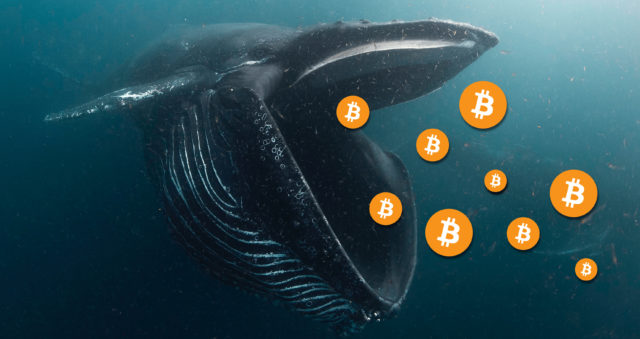The spirit willing… the flesh weak. This is the motto that has prevailed lately on the desks of Athens Avenue traders, reflecting the quagmire the market has fallen into after the second falling period this year, which began at the end of April and ended in mid-July. And the General Index may have recovered about 70 points in the three weeks to date, a remarkable rally, but the rise can by no means be called enough to change the picture of a market still mired in lowers. levels since the beginning of the year.
After all, the first two months of the year cultivated expectations for long-term investors that it was the turn of the Greek market to shine in the investment stories of the year, but then came the war in Ukraine, inflation, Central Banks, the supply chain, the mini political crisis in country and whatever else one can consider, to undo any positive scenario that had been formulated for Greece, and to once again fixate the Greek market in a sideways movement, during which the buyers are selectively… silent.
A market that, no matter how hard it tried, could not change the level at which it has been for seven years and finally see the four-digit levels, even if the majority of listed companies gave it the stamp that the Greek business has delivered survival lessons in tough conditions. Even the weak banking sector, that is, the sector that was crushed in the funnel of the historical crisis, but also of the unprecedented conditions of a pandemic, gave results that show that it has turned the page, causing many foreign analysts to speak in very positive words.
After all, the mix of young entrepreneurs in the domestic market is supportive and can put in the background uncertainties (Ukraine, pandemic) which, although they have reduced their influence on the markets, seem to maintain their momentum in the medium term. At the same time, the announcement of a series of business agreements or discussions for the completion of acquisitions (Autohellas, Lamda Development, Euromedica, ADMIE, Anemos, Cenergy, etc.) showed that the interest in development remains steadily prosperous and is not limited to companies in the energy sector.
The economy is holding up
Positive words that comparatively were also formulated for the Greek economy, even if it is called upon to operate in a mine-laden and by all means fluid international environment. The economic staff set a growth target for this year of 3.1% with tourism recovering about 80%-85% of the turnover of 18.5 billion euros recorded in 2019, i.e. about 15 billion euros. Based on the indications so far, the turnover is even expected to exceed the turnover of 2019, giving a big breath to the country’s finances.
And this performance so far has brought investment. The investments recorded last year, excluding those made with the assistance of community funds, reached 5 billion euros. According to financial staff members, if one takes the traffic that exists in the first half of the year, it is possible that this amount will double. After all, more than 300 projects of the national program Greece 2.0, with a budget of 11.2 billion euros, have already been activated.
It’s no coincidence that Wood called Greece a growth “champion” this year, even in an unfavorable energy scenario. Wood, in fact, placed the growth of the Greek GDP at 6%, with “guide” the excellent performance of tourism, the funds flowing in from the E.U. and the thematic, as he characterizes it, course of foreign direct investments.
Of course, the development of economic indicators in the last two months shows that the real economy is starting to slow down, but dealing with the inflation shock better than expected, and with the better performance of tourism, Greece is heading for better growth performance. It is also recalled here that last month, Scope Ratings revised its forecast for Greece’s growth in 2022 to 4.9% from an estimate of 4.6% at the start of the year – the economy grew by 8.3% last year – although it revised its forecast for 2023 down to 2.1% from 2.5%.
The outlook for the coming years is equally rosy, as Wood believes Greece’s potential growth has risen to 3%, which will help the country outperform the rest of the region, even during the energy transition phase which and has significant challenges.
The banking gear of A.H.A.
Even though the majority of A.H.A.’s securities shows a solid pillar of investment options, analysts agree that without the banking sector the market can’t go very far. And this is the truth that the dashboard testifies, as the sector is the first in the falls, but also the first in the upswings of the market.
So far, the losses of the banking sector since the beginning of the year are almost twice that of the General Index, while there has been no period in which it has outperformed the market. Of course, its performance is somewhat better than that of other sectors, such as trade (-15%), utilities (-18%), food (-21%) and real estate (-16%), but the sector is a beacon of the investment climate. And as most domestic analysts point out, it should reflect the improved estimates of the Greek economy.
The reason is, as DBRS pointed out, the fact that the improved results of the four Greek systemic banks in the first half of the year reflect the significant progress made in reducing their risk and restructuring in recent years, together with the recovery of the Greek economy since the pandemic, however, the positive momentum is likely to come under pressure due to the economic slowdown.
Indirect negative effects from Russia’s invasion of Ukraine could contribute to a slowdown in the economy and add to pressures on loan quality in the medium term, thus absorbing some of the positive momentum, the house said, after first giving credit to the sector.
Why are banks stuck?
International houses may be upgrading their estimates for the course of banking stocks, but the big thorn is still the investment grade. The absence of this significantly limits the exposure of strong portfolios in a country where the degree of risk remains high, and essentially comparable to emerging markets with vulnerable characteristics, such as the exchange rate.
Of course, Scope, in its latest analysis, leaves an upgrade window in September, but the degree of uncertainty remains quite calculable. As he mentioned, the support of the ECB, together with the first line of defense of the reinvestment of the Pandemic Emergency Purchase Program (PEPP) and the new Transmission Protection Instrument (TPI) of the monetary policy helps the Greek creditworthiness in three important ways.
First, there is the very inclusion of Greece in the TPI despite its non-investment grade credit ratings. Second, there is the possibility of a program for unlimited purchases of Greek bonds, and third, the ECB will buy bonds taking into account the specific conditions of the euro area countries, rather than being bound by the percentage of each country’s capital participation in the capital of the central European bank.
However, the vague trigger criteria for the TPI – which leave considerable discretion to the ECB’s Governing Council over which bonds to buy and when – leave it unclear how the ECB would define what constitutes an “unwarranted” rise in yields, which would could limit the use and effectiveness of the new mechanism. Additionally, the lack of definition leaves the program vulnerable to future legal challenges.
So, until then, and until the economy shows that it can continue to hold up against international challenges, the sector will only rely on its quarterly performance and attractive returns. Not insignificant figures, however, if one considers that the results of the second quarter were better than expected, and the average discount of Greek banks is 20% compared to European banks.
Until then, the overall picture remains positive with estimates revised upwards for the full year, on the back of significant progress in portfolio consolidation, accompanied by strengthening profitability in the recurring revenue segment. The recent banking boom has revived the market’s morale by awakening other companies from the large capitalization in a period that is anything but lively for the Greek Stock Exchange.
DBRS: Pressure due to deceleration possible
The positive momentum of the banking sector is likely to come under pressure due to the slowing economy, warns DBRS rating agency. According to a report by the house on the four Greek systemic banks, they presented a total net profit of 2.3 billion euros in the first half of 2022, compared to net losses of 4 billion euros in the same period of 2021, thanks to higher revenues, the lower operating costs and reduced risk costs. Income remained high, despite continued pressure on net interest income due to de-risking, supported by fee and trading income. The increase in interest rates is expected to boost the interest income of Greek banks due to the faster adjustment of interest rates on loans, compared to deposits.
Also, DBRS reports that NPL provisions and risk costs fell significantly in the first half of 2022 due to a strong improvement in the risk profile. Asset quality indicators continued to improve, supported by negative non-performing exposure (NPE) formation and new loan originations that exceeded expectations. After significant de-risking in 2020 and 2021, funds started to grow in the first half of 2022.
“With most of the deleveraging process already underway, we believe that the capitalization of Greek banks is set to benefit from improved internal capital formation going forward, based on higher income in the context of progressively higher interest rates and healthy creation of new loans, as well as reduced credit costs. However, indirect negative effects due to Russia’s invasion of Ukraine may contribute to a slowdown in the economy and add to pressures on loan quality in the medium term, thus absorbing some of the positive momentum,” said Andrea Costanzo, vice president of the DBRS Morningstar Global Financial Institutions Group.
Source: Capital
I am Sophia william, author of World Stock Market. I have a degree in journalism from the University of Missouri and I have worked as a reporter for several news websites. I have a passion for writing and informing people about the latest news and events happening in the world. I strive to be accurate and unbiased in my reporting, and I hope to provide readers with valuable information that they can use to make informed decisions.






